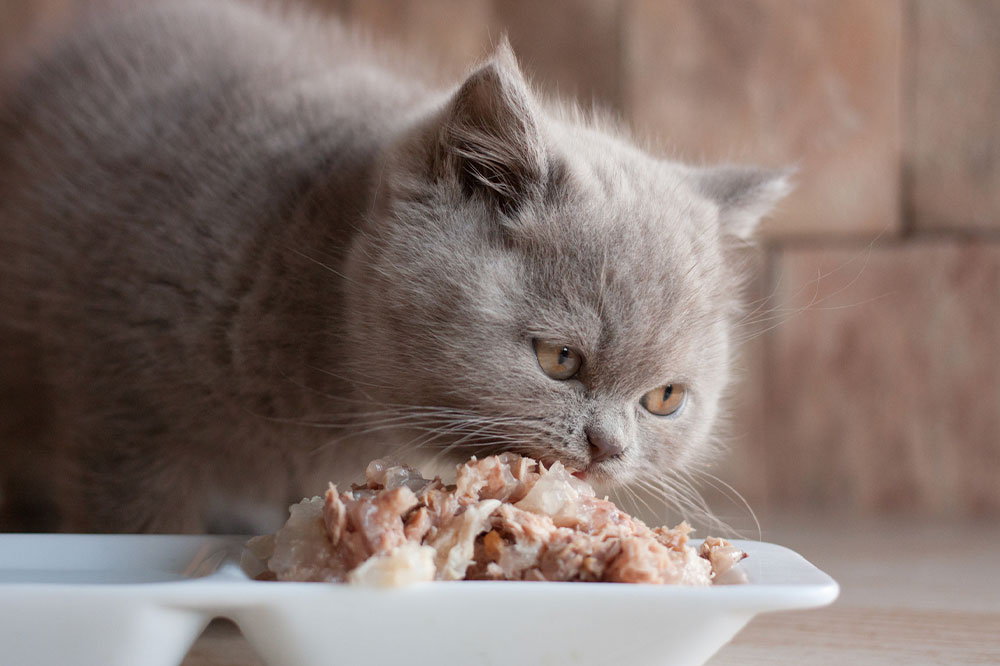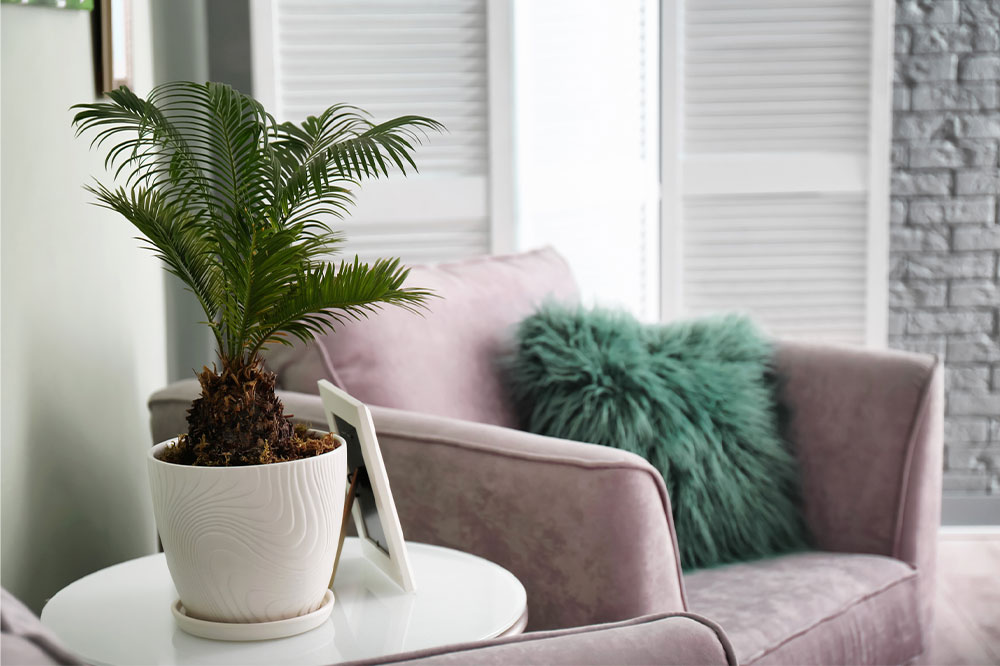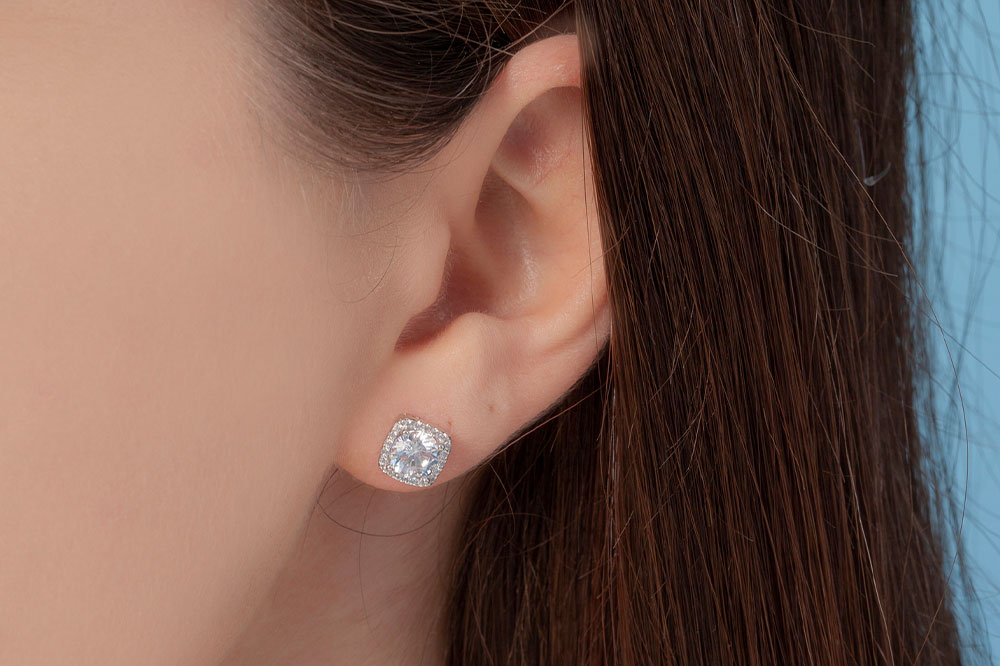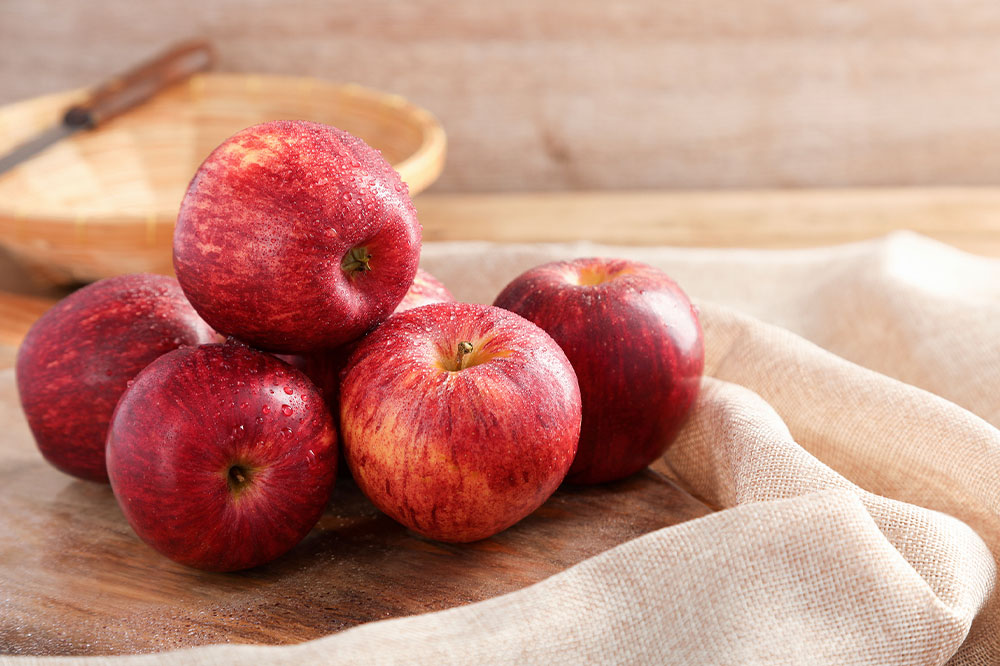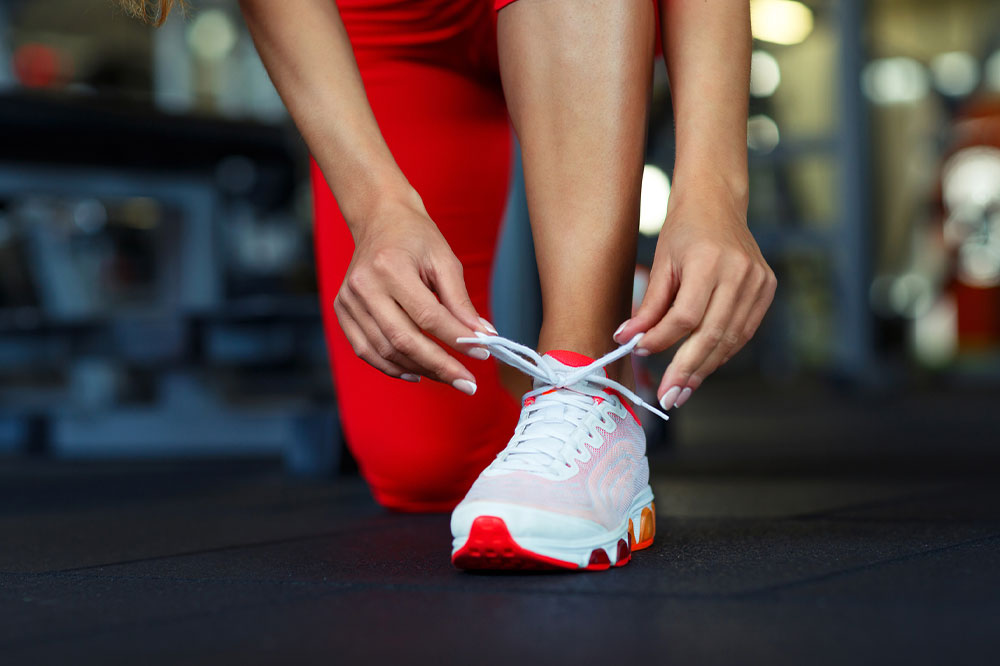8 peeing mistakes to avoid for a healthy bladder
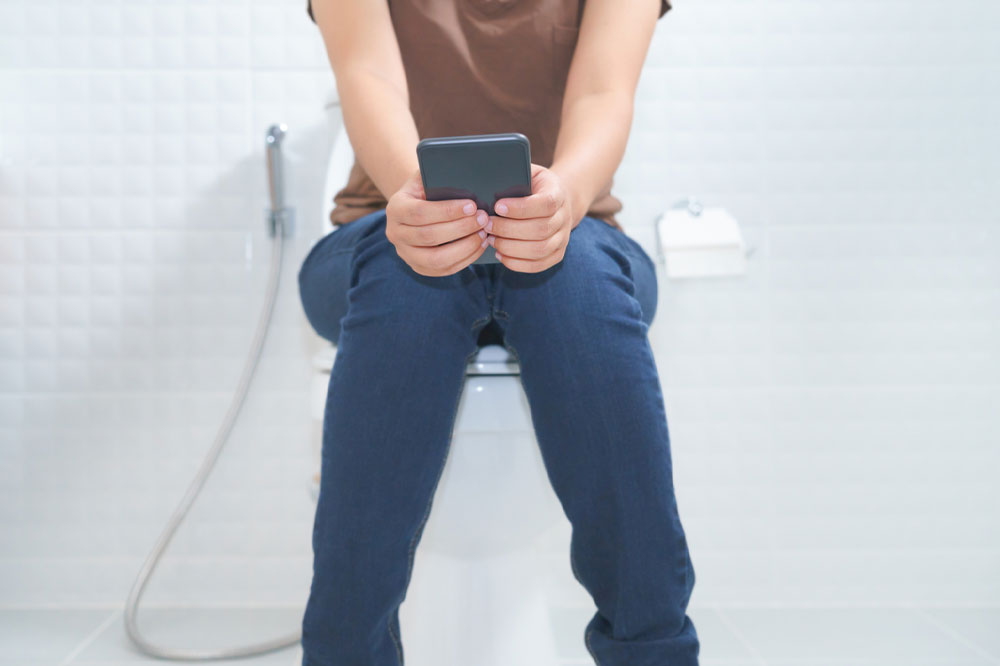
The urinary bladder, an important organ located in the pelvic cavity, acts as a temporary reservoir or holding place for urine. Although it performs a vital function, one may not stop to think about it until it does not work as it should. Certain lifestyle choices can impact bladder health and function, leading to issues like painful urination or urinary incontinence. So, avoiding the following peeing mistakes can help one maintain bladder health:
Holding it in for too long
Sometimes, holding pee in is unavoidable. However, making a habit out of it can impact bladder health. Contrary to popular belief, urine is not sterile. It contains several microbes that can lead to infections. Additionally, holding urine in makes the bladder stretch too much, which can impact bladder control.
Not emptying the bladder
Not emptying the bladder can also impact bladder health by stretching the organ and increasing the risk of infection. At times, one may also be unaware that their bladder has not been emptied. This is known as urinary retention. It may be a result of blockages, treatments, infections, swelling, or even neurological conditions. Common symptoms of urinary retention include pain or swelling in the lower abdomen, frequent urination in small amounts, a continual urge to pass urine even after peeing, and a slow stream.
Ignoring recurring UTIs
Urinary tract infections (UTIs) develop when certain bacteria enter the urethra. They may affect the urinary tract, including the bladder and kidneys. As women have shorter urethra, they are more likely to develop UTIs than men. Among women, UTIs could be a result of sexual activity, anatomical issues, pregnancy, or menopause. Here, one may experience a painful or burning sensation during urination, frequent urination, a strong urge to urinate, and a foul smell during urination. Women who experience three or more UTIs a year must consult a doctor to examine the issue, and men must also visit a urologist when they develop the symptoms of a UTI.
Excessive caffeine intake
Caffeine is a known diuretic, that is, it increases urine production. Too much caffeine can lead to an overactive bladder, along with dehydration due to water loss, which increases the risk of kidney stones.
Mistaking an overactive bladder for a small bladder
An overactive bladder can be defined as urinating more than eight or nine times per day. Many people tend to mistake an overactive bladder for a small bladder when they discuss their ability to hold their urine. An overactive bladder may also be a sign of underlying health conditions like UTIs, kidney infections, bladder stones, or diabetes. However, the symptoms of these conditions may vary from one person to another, depending on age and lifestyle.
Ignoring changes in urine color
Urine color largely depends on the amount of water one has. For instance, darker-colored urine is associated with less fluid consumption and dehydration. What one eats could also affect the color of urine. Extremely pigmented foods such as beetroots may impart a pinkish or reddish hue to the urine. A change in urine color can also be caused by blood; this is known as hematuria, which could be a symptom of underlying conditions like a UTI, kidney disease, or an injury. Blood in the urine may also be a sign of bladder cancer and must be examined by a doctor immediately.
Excessive vitamin C intake
Vitamin C is known for its immune-boosting properties. However, one should have the nutrient in moderation, as too much vitamin C can negatively affect bladder health. This is because high levels of vitamin C in the urine turn into oxalate, which increases the risk of kidney stones. The recommended dosage of vitamin C for healthy adults is 90 mg per day.
Sitting for too long
People who are seated for long hours and have low physical activity can also put their bladder at risk of developing lower urinary tract symptoms (LUTS). These include incomplete emptying of the bladder, increased urinary frequency or urgency, weak urinary stream, or having to get up at night to urinate. Those with desk jobs must stand up and walk around for 5 minutes every hour or consider investing in a standing desk to reduce their chances of developing LUTS.
Avoiding these eight peeing mistakes may help one improve the health of their bladder over time and ensure it functions optimally.




